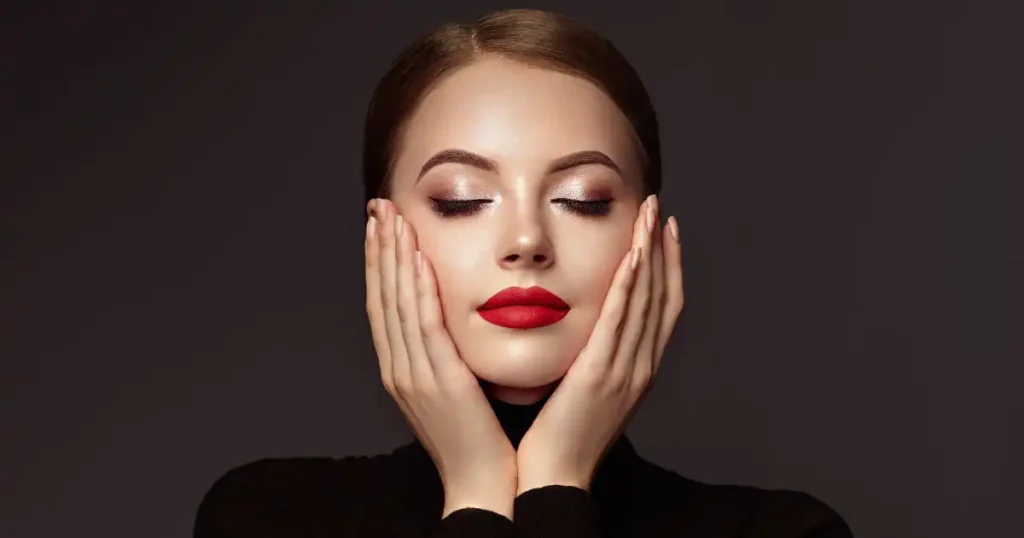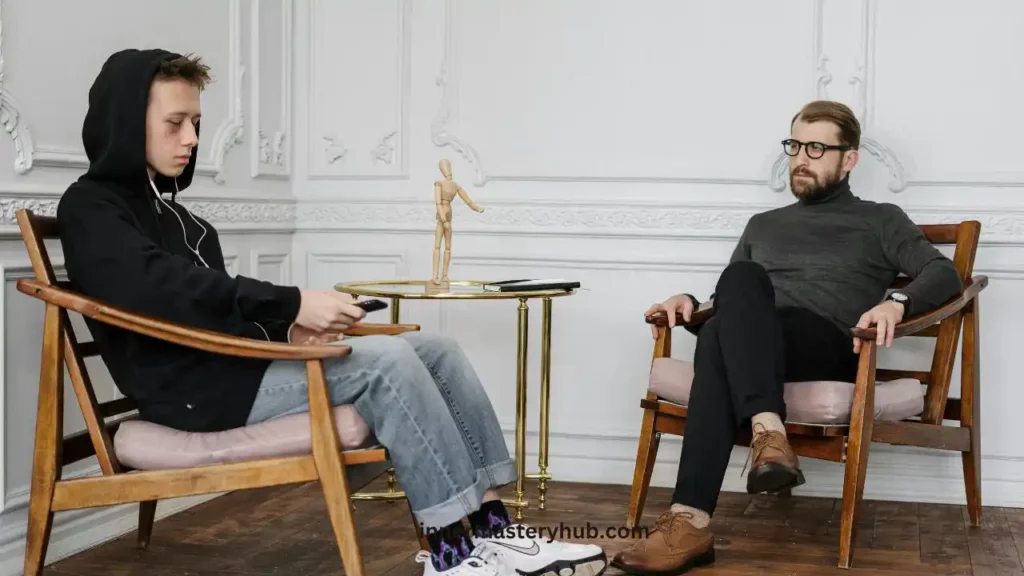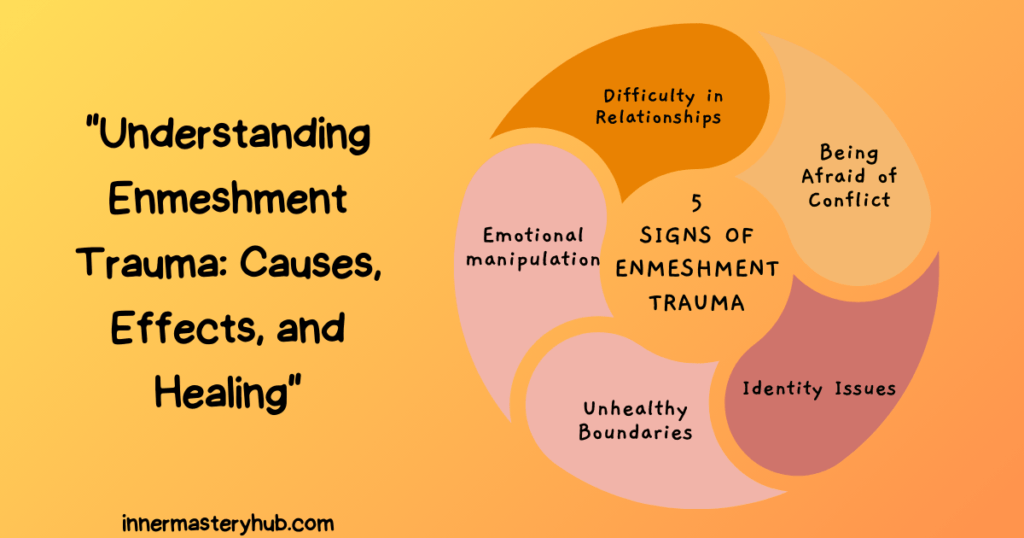The social judgment of “Too much makeup” and its Impacts

In a culture where beauty is often associated with first impressions, makeup has become a tool for self-expression and confidence. However, striking a delicate balance is necessary to draw attention to one’s qualities without dominating their natural beauty.
Beauty and individuality have always been associated with cosmetics. The inability to differentiate between excess and augmentation, however, frequently results in societal censure. In this article, the arguments for and against negative views regarding excessive makeup use and its effects on women’s mental health are discussed.
The controversy around “too much makeup” touches on issues of personal comfort, social norms, and the impression we give the outside world of who we are.
The Cultural Lens of Applying “Too Much Makeup”
A cultural relic, makeup has been used for ages and has been associated with expectations and history. It is more than merely a self-grooming gadget. Many countries view makeup as a means of enhancing one’s appearance and conforming to traditional beauty standards.
Women may face criticism if they apply excessive amounts of cosmetics in defiance of social norms. The makeup is criticized for more than simply how it looks; it goes against the traditional ideas of modesty and inherent beauty.
Perception and Professionalism
In professional environments, makeup is often seen as a component of an individual’s grooming and presentation.
A well-groomed appearance can demonstrate professionalism and attention to detail, but when makeup is overdone, opinions can change negatively. Biases resulting from this may impact a woman’s perceived credibility and ability.
As an example, consider Sarah, a seasoned marketing executive who is well-known for her vibrant personality and creative campaigns. Sarah feels that her daring cosmetic selections capture her imagination and zest for life; thus, she wants to utilize them to express herself.
Professionalism and attention to detail can be demonstrated by a well-groomed appearance, although views can shift negatively when cosmetics are overdone. A woman’s perceived competence and credibility may be impacted by biases arising from this.
Let’s take Sarah, a seasoned marketing executive recognized for her inventive campaigns and lively personality, as an example. Sarah wants to use her adventurous cosmetic choices as a means of self-expression because she believes they capture her inventiveness and excitement for life.
Prejudices like this could have a big impact. For high-profile projects or promotions, women like Sarah can be passed over because of concerns about their “professional” image. This can hinder one’s ability to progress professionally and create an atmosphere where appearances are valued more than talent.
In order to combat this, companies need to foster an inclusive culture that values individuality and variety. Training programs can help reduce these issues by educating employees about unconscious biases and the need to prioritize performance and credentials above appearance.
Makeup has been shown to affect impressions in a number of studies. For example, people find the identical faces more attractive when they are depicted wearing makeup than when they are not.
Makeup has also been proven to improve the perception of femininity in the same faces. Additionally, research has shown that enhancing the same looks with cosmetics raises the perception of status.
Although cosmetics can improve one’s appearance at work, it’s important to identify and debunk the beliefs that associate excessive makeup use with incapacity. We can make sure that people are evaluated based on their contributions and skills rather than their own style preferences by doing this.
Objectification and Dehumanization
Dehumanization and objectification are serious issues since heavy makeup can lead to women being perceived only as their physical attributes rather than as whole human beings with personality, intellect, and emotions. This is not only a theoretical phenomenon; it has been observed in real-world scenarios and studied in social psychology.
“An Initial Test of the Cosmetics Dehumanization Hypothesis” found that women’s humanness is diminished by wearing a lot of makeup.
The study found that women with excessive makeup had lower levels of humanness, agency, experience, competence, warmth, and morality than those without makeup. This demonstrates how women who use a lot of makeup can become objects rather than people, which dehumanizes them.
Politicians are another example, where women politicians are frequently criticized more for their looks than for their abilities or views. A male colleague of Belgian MP Nawal Benhamou, for example, objectified her when he greeted her by remarking on her appearance rather than her political accomplishments.
It is easy to move from appreciating beauty to seeing it as merely something to be seen, as these instances demonstrate. To ensure that everyone is accepted for who they are as a person, not simply how they seem, it highlights how important it is to recognize and combat such biases.
The Psychological Impact
Receiving criticism for wearing too much makeup can have a significant impact on one’s mental health. Self-esteem may be impacted by cosmetics since they are commonly worn as a way to express oneself or to boost confidence. Negative criticism can make women feel self-conscious and cause them to view themselves negatively.
Additionally, the pressure to meet beauty standards can lead to anxiety and stress. Critiques can exacerbate vulnerabilities and result in a dependence on makeup for self-esteem, and for some people, makeup becomes a means of concealing perceived imperfections.
Let’s explore this further.
Author Sarah Joans talked about mental health and makeup. During the pandemic, she stopped wearing cosmetics, but she later resumed them as a self-care practice.
Sarah resorted to makeup as a coping strategy during periods of uncertainty. She also admitted that applying makeup to achieve beauty standards might undermine one’s sense of self.
Several studies have found that women who wear a lot of makeup are perceived as less capable, kind, and ethical. Women’s self-image and self-worth may change as a result of this viewpoint, which may also impact how they are treated emotionally and professionally.
Being criticized for wearing “too much makeup” can exacerbate anxieties and result in a dependence on cosmetics, yet makeup can also be freeing and a way to express oneself. Acknowledging the personal reasons behind makeup use and promoting acceptance of individual choices in appearance are essential.
In conclusion
There is indeed a lot of debate surrounding women and makeup. It covers the foundations of how one views oneself, social conventions, and the intrinsic value of uniqueness. The notion that being a woman entails much more than just applying cosmetics is a powerful reminder that beauty in all its manifestations is multifaceted and goes beyond social expectations.
Emphasizing natural beauty as the pinnacle of authenticity suggests a rejection of the artificial standards that civilization maintains. It is an exhortation to recognize and cherish the inherent beauty of every individual.
Using makeup to increase one’s self-esteem is a complex subject. It may be liberating for some, but it may also be a crutch that conceals more serious anxieties for others.
Soul-searching and introspection can produce a more comprehensive self-esteem strategy independent of external approval by identifying the root causes of reliance on makeup for self-worth.
The idea that goal-oriented women should wear less makeup without hiding their natural beauty is intriguing. It suggests that modest amounts of cosmetics can be used in conjunction with ambition, with the latter serving to accentuate rather than to conceal one’s true self. An ambitious lady is more attractive than one who wears excessive amounts of cosmetics to hide her features.
Critical examination of cultural views on makeup application reveals the significant influence that deeply ingrained beauty standards can have on mental health. By promoting a more inclusive and varied notion of beauty, we can help break these stereotypes and advance a culture that values and respects individual choices.
FAQS about too much makeup
Why do people judge women for wearing too much makeup?
Discussions about cultural norms and beauty standards frequently raise this issue since excessive makeup is viewed as departing from “natural” beauty standards and can result in criticism for coming across as inauthentic or too preoccupied with appearance.
What does it mean when someone says you wear too much makeup?
This is regularly looked up in personal advising contexts and examines subjective interpretations of “too much,” which are typically linked to social cues like perceived insecurity or attempts to hide deficiencies, even though it’s usually just a question of taste.
How does wearing too much makeup affect social perceptions?
One of the most important questions in psychology research is how excessive makeup might be seen as indicating a lack of competence, warmth, or morality, yet modest quantities can improve appearance and reliability.
Is wearing too much makeup a sign of low self-esteem?
This question is commonly posed in self-help forums since research has shown conflicting findings: some women wear makeup to conceal flaws because they are insecure, while others do so to express themselves or gain confidence.
Why are women shamed for heavy makeup use?
This frequently asked question tackles “makeup shaming,” a phenomenon in which social pressures perpetuate unattainable beauty standards, resulting in resistance to daring looks as “trying too hard” or adhering to shallow norms.
Does too much makeup make you look less attractive socially?
Searches based on attractiveness research show that although minimal cosmetics increase likability, excessive quantities might cause unfavorable biases, making wearers appear more promiscuous or less approachable to others.
How to deal with judgment for wearing a lot of makeup?
An extremely popular, realistic advice question that emphasizes developing self-reliance, disregarding detractors, and seeing makeup as a form of self-empowerment rather than a means of obtaining approval from others.
Why do some people think too much makeup is unprofessional?
This is typical in searches about careers and is connected to views in the workplace where wearing a lot of cosmetics is seen as distracting or a sign of incompetence, particularly for women in professional settings
What are the psychological effects of being judged for too much makeup?
This query comes up in conversations about mental health and links judgment to social isolation, anxiety, and low self-esteem since it feeds into concerns about not meeting beauty standards.
Can wearing too much makeup lead to dehumanization or objectification?
Research on social psychology questions reveals that wearing a lot of cosmetics can make people view a woman less as a complex individual and more as an object, lowering their sense of her agency, warmth, and humanity.






